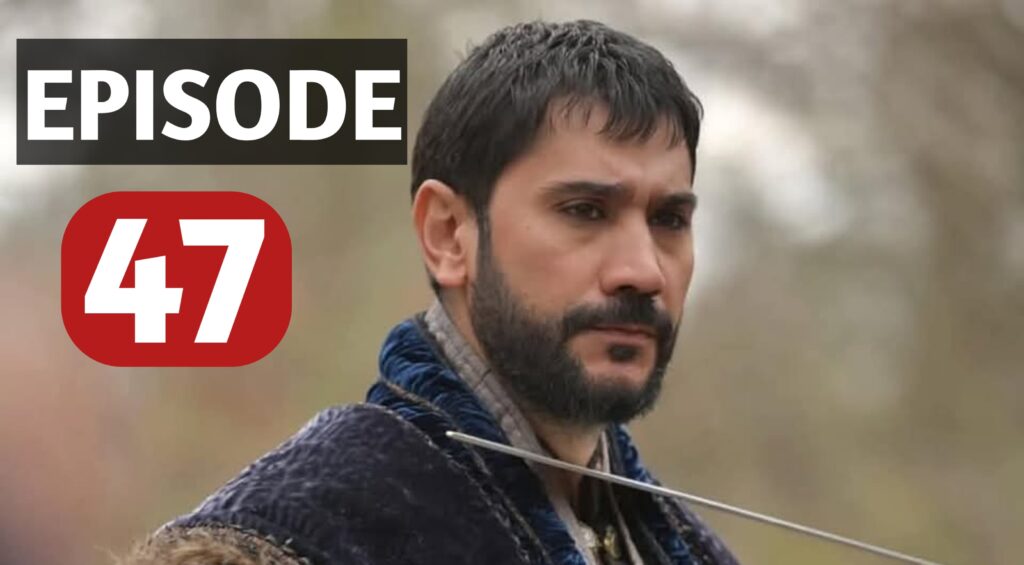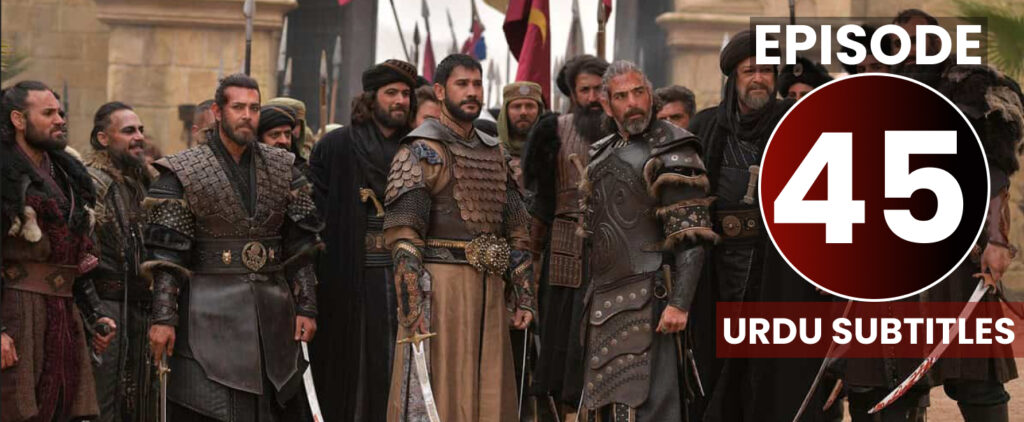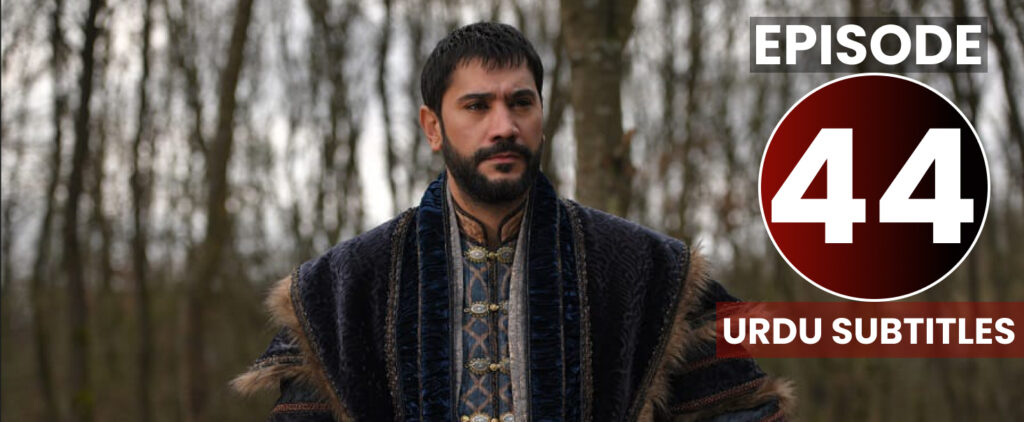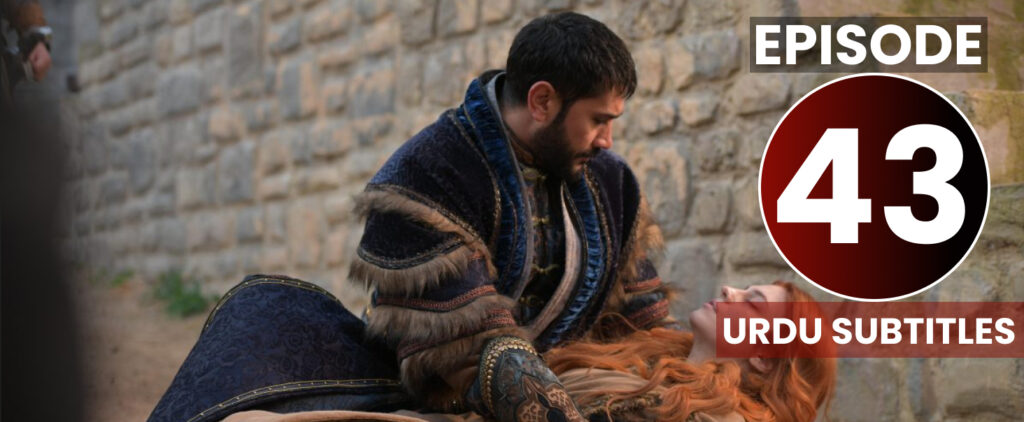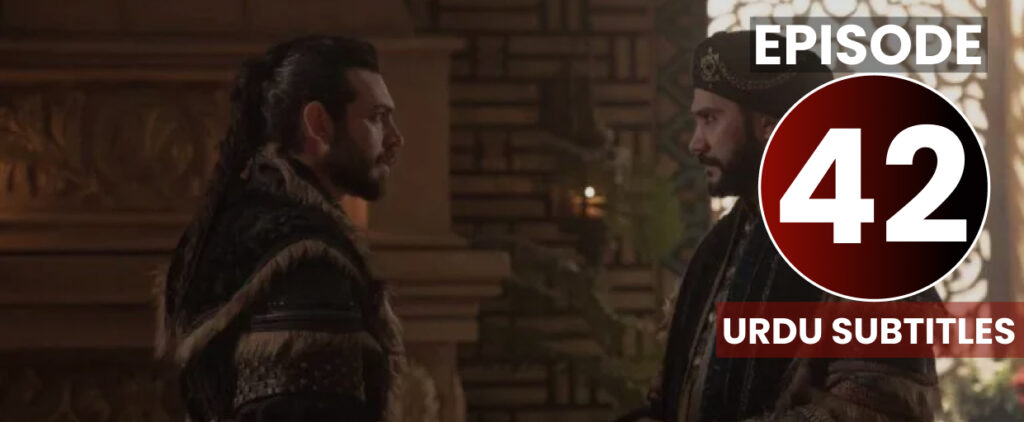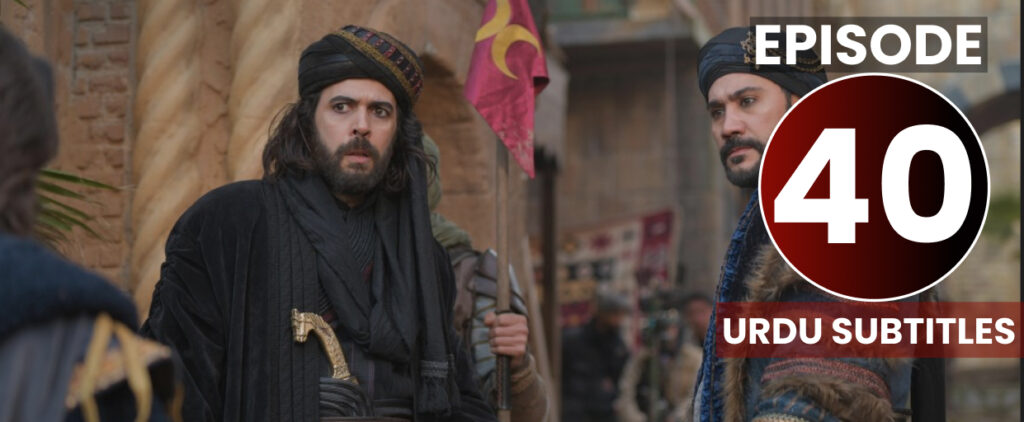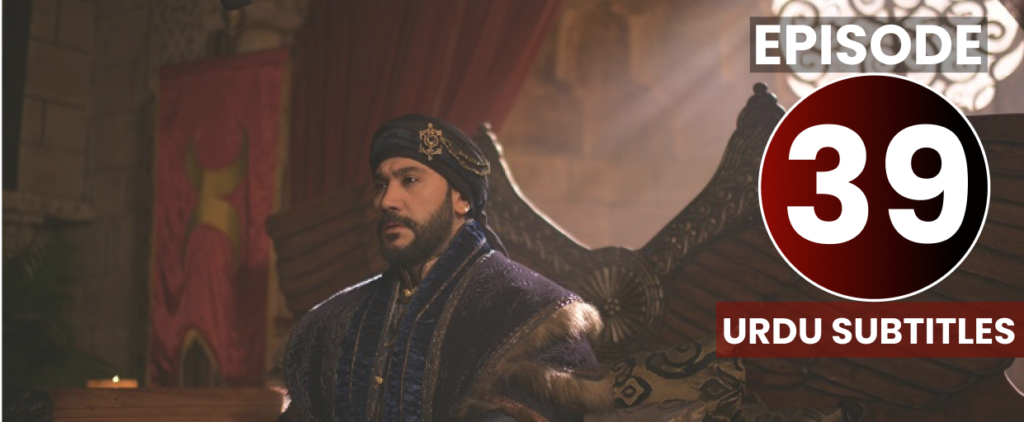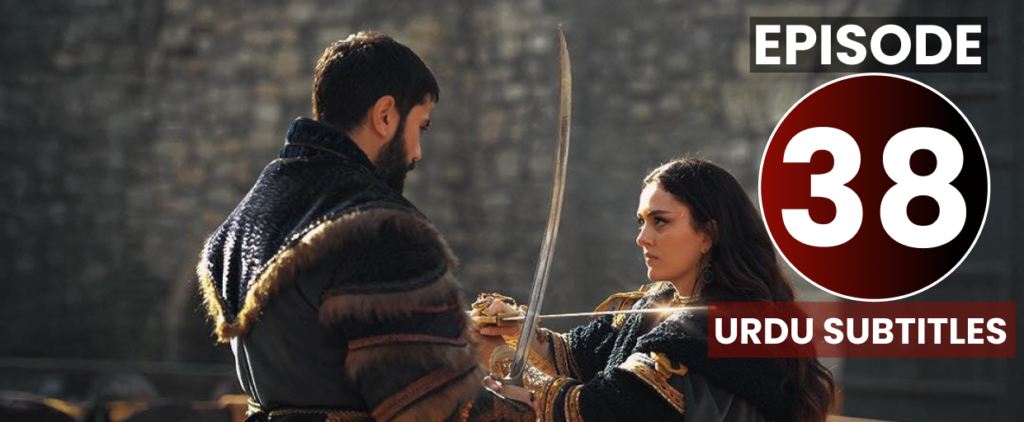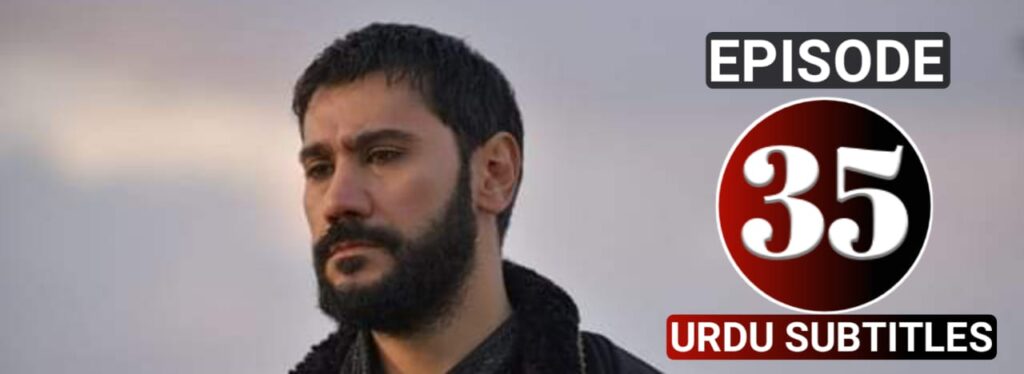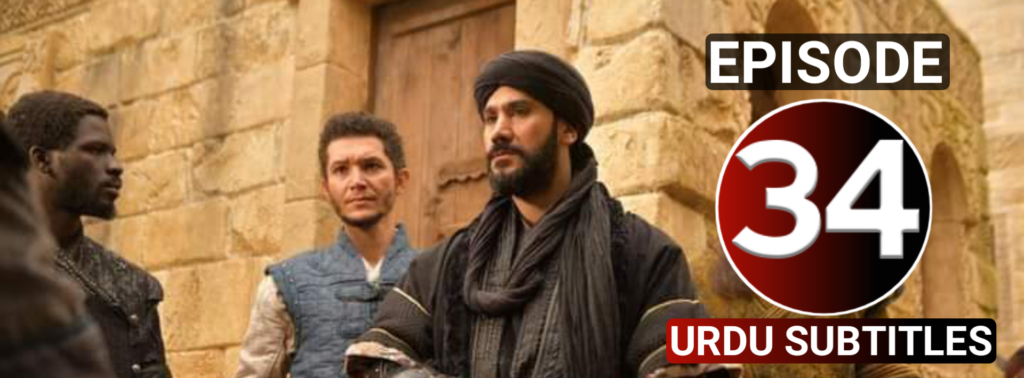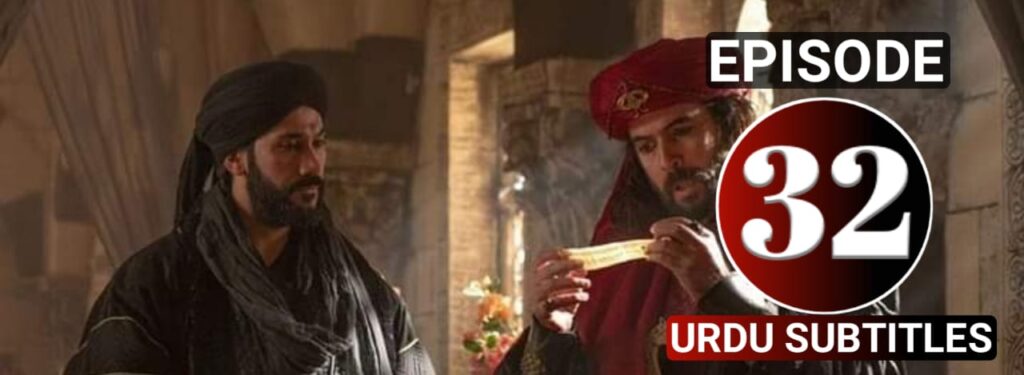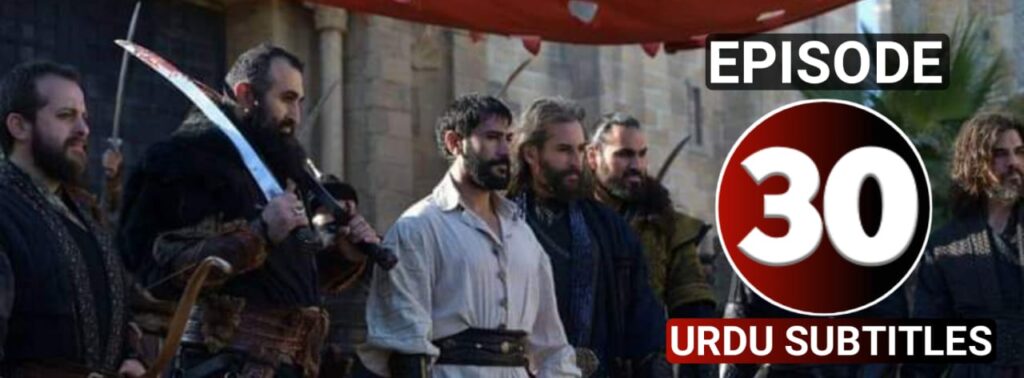The Legacy of Kudus Fatihi Selahudin Eyyubi
Kudus Fatihi Selahudin Eyyubi, known as Saladin, is a towering figure in Islamic history. Born in 1137 in Tikrit, he is celebrated for his exceptional leadership, military genius, and ethical approach to warfare. His legacy, particularly during the tumultuous era of the Crusades, continues to resonate, making him a symbol of valor and compassion.
Early Life and Rise to Power
Selahudin was born into a Kurdish family, and his early life was marked by a strong emphasis on education and military training. He first served under his uncle, Shirkuh, who was a general in the Zengid dynasty. Through his military campaigns in Egypt and Syria, Selahudin demonstrated remarkable strategic skills and rose rapidly through the ranks.
In 1171, after the death of the last Fatimid caliph, Selahudin unified Egypt under his control, establishing the Ayyubid dynasty. His leadership style combined military prowess with a vision for governance that prioritized justice and mercy.
Military Achievements
Saladin’s most famous military
accomplishment was the recapture of Jerusalem in 1187. This event was a crucial moment in the Crusades. After a series of military engagements, the pivotal Battle of Hattin led to a decisive victory for Selahudin’s forces. Following this victory, he besieged Jerusalem, which ultimately surrendered.
He allowed Christians to leave safely and ensured the protection of religious sites, earning him respect even among his enemies. This act of compassion helped to foster a legacy of tolerance and diplomacy.
Cultural Contributions
Selahudin impact extended beyond the battlefield. He was a patron of culture, arts, and education. His reign saw the establishment of numerous schools, hospitals, and public works that contributed to the intellectual and cultural life of the region. The Ayyubid dynasty flourished under his leadership, making significant advancements in various fields, including science and philosophy.
His vision of governance emphasized justice and public welfare, setting a precedent for future leaders in the Islamic world. The architectural developments during his time, including the restoration of mosques and the construction of educational institutions, are still celebrated today.
Legacy and Modern Relevance
Today, Selahudin is remembered not only as a military commander but as a symbol of resilience and ethical leadership. His story continues to inspire many, particularly in the context of contemporary struggles for justice and peace. He represents the idea that true leadership involves both strength and compassion.
This series on Kudus Fatihi Selahudin Eyyubi is enhanced with Urdu Subtitles By Amanat Play, making it accessible for Urdu-speaking audiences. The series delves deeper into his life, providing insights into his achievements and the historical context of his era.
—
Conclusion
Kudus Fatihi Selahudin Eyyubi’s legacy as a leader is multifaceted, encompassing military genius, cultural patronage, and ethical governance. His life serves as a powerful reminder of the qualities that define true leadership and the importance of compassion in the face of conflict.
This exploration of Saladin not only enriches our understanding of history but also offers valuable lessons for today’s leaders and societies.

